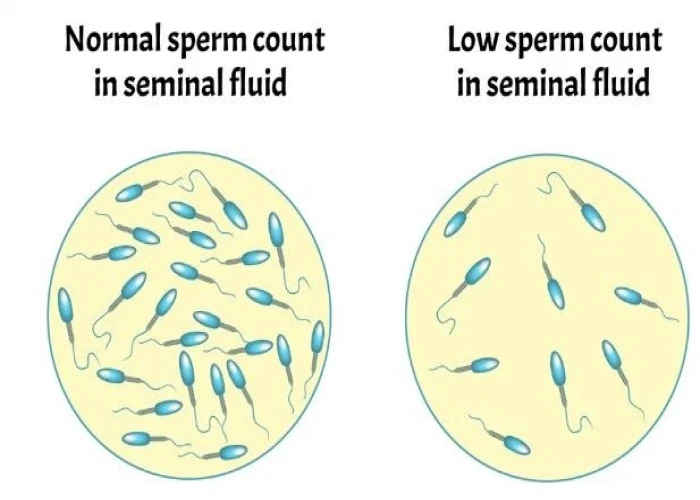 Welcome
Welcome
“May all be happy, may all be healed, may all be at peace and may no one ever suffer."
Low sperm count
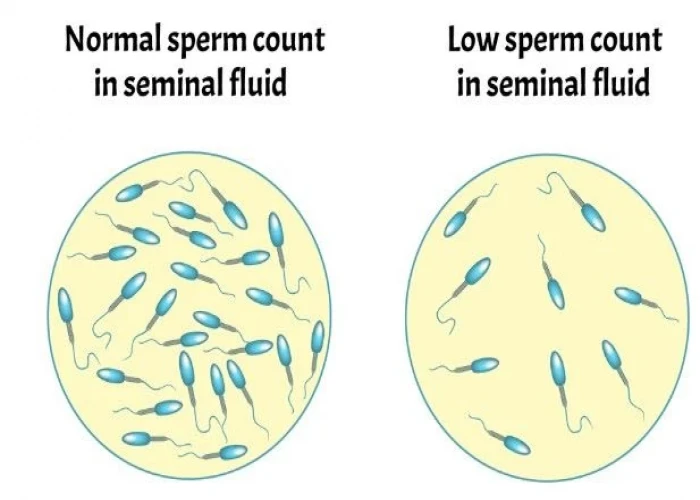
Low sperm count, also known as oligospermia, is a common male infertility problem. It is defined as having fewer than 15 million sperm per milliliter of semen. However, a man with a low sperm count can still father a child.
There are several potential causes of low sperm count, including hormonal imbalances, genetic factors, infections, medications, and lifestyle factors (such as tobacco and alcohol use, drug use, and exposure to toxins). In some cases, the cause of low sperm count is unknown.
Treatment for low sperm count depends on the underlying cause of the condition. If it's due to a hormonal imbalance, hormone replacement therapy or medications may be prescribed. If it's due to a genetic factor, such as a chromosomal abnormality, assisted reproductive techniques such as in vitro fertilization (IVF) or intracytoplasmic sperm injection (ICSI) may be recommended.
In addition, lifestyle changes can also help improve sperm count. Quitting smoking, reducing alcohol and drug use, maintaining a healthy weight, and avoiding exposure to toxins can all improve overall sperm health. Nutritional supplements, such as zinc or folic acid, may also be helpful.
It's important to speak with a healthcare provider if you have concerns about low sperm count or infertility. A healthcare provider can help determine the underlying cause of the condition and develop a treatment plan that is right for you.
Research Papers
Disease Signs and Symptoms
- Sexual dysfunction
- Reduced sexual desire
- Swollen testicle
- Testicle pain
- Pain, swelling or a lump in the testicle area
- Decreased facial or body hair or other signs of a chromosome or hormone abnormality
Disease Causes
Low sperm count
The production of sperm is a complex process and requires normal functioning of the testicles (testes) as well as the hypothalamus and pituitary glands — organs in your brain that produce hormones that trigger sperm production. Once sperm are produced in the testicles, delicate tubes transport them until they mix with semen and are ejaculated out of the penis. Problems with any of these systems can affect sperm production.
Also, there can be problems of abnormal sperm shape (morphology), movement (motility) or function.
However, often the cause of low sperm count isn't identified.
Medical causes
Low sperm count can be caused by a number of health issues and medical treatments. Some of these include:
- Varicocele. A varicocele (VAR-ih-koe-seel) is a swelling of the veins that drain the testicle. It's the most common reversible cause of male infertility. Although the exact reason that varicoceles cause infertility is unknown, it might be related to abnormal testicular temperature regulation. Varicoceles result in reduced quality of the sperm.
- Infection. Some infections can interfere with sperm production or sperm health or can cause scarring that blocks the passage of sperm. These include inflammation of the epididymis (epididymitis) or testicles (orchitis) and some sexually transmitted infections, including gonorrhea or HIV. Although some infections can result in permanent testicular damage, most often sperm can still be retrieved.
- Ejaculation problems. Retrograde ejaculation occurs when semen enters the bladder during orgasm instead of emerging out of the tip of the penis. Various health conditions can cause retrograde ejaculation or lack of ejaculation, including diabetes, spinal injuries, and surgery of the bladder, prostate or urethra.
- Certain medications also might result in ejaculatory problems, such as blood pressure medications known as alpha blockers. Some ejaculatory problems can be reversed, while others are permanent. In most cases of permanent ejaculation problems, sperm can still be retrieved directly from the testicles.
- Antibodies that attack sperm. Anti-sperm antibodies are immune system cells that mistakenly identify sperm as harmful invaders and attempt to destroy them.
- Tumors. Cancers and nonmalignant tumors can affect the male reproductive organs directly, through the glands that release hormones related to reproduction, such as the pituitary gland, or through unknown causes. Surgery, radiation or chemotherapy to treat tumors also can affect male fertility.
- Undescended testicles. During fetal development one or both testicles sometimes fail to descend from the abdomen into the sac that normally contains the testicles (scrotum). Decreased fertility is more likely in men with this condition.
- Hormone imbalances. The hypothalamus, pituitary and testicles produce hormones that are necessary to create sperm. Alterations in these hormones, as well as from other systems such as the thyroid and adrenal gland, may impair sperm production.
- Defects of tubules that transport sperm. Many different tubes carry sperm. They can be blocked due to various causes, including inadvertent injury from surgery, prior infections, trauma or abnormal development, such as with cystic fibrosis or similar inherited conditions.
- Blockage can occur at any level, including within the testicle, in the tubes that drain the testicle, in the epididymis, in the vas deferens, near the ejaculatory ducts or in the urethra.
- Chromosome defects. Inherited disorders such as Klinefelter's syndrome — in which a male is born with two X chromosomes and one Y chromosome instead of one X and one Y — cause abnormal development of the male reproductive organs. Other genetic syndromes associated with infertility include cystic fibrosis, Kallmann's syndrome and Kartagener's syndrome.
- Celiac disease. A digestive disorder caused by sensitivity to gluten, celiac disease can cause male infertility. Fertility may improve after adopting a gluten-free diet.
- Certain medications. Testosterone replacement therapy, long-term anabolic steroid use, cancer medications (chemotherapy), certain antifungal and antibiotic medications, some ulcer medications, and other medications can impair sperm production and decrease male fertility.
- Prior surgeries. Certain surgeries might prevent you from having sperm in your ejaculate, including vasectomy, inguinal hernia repairs, scrotal or testicular surgeries, prostate surgeries, and large abdominal surgeries performed for testicular and rectal cancers, among others. In most cases, surgery can be performed to either reverse these blockages or to retrieve sperm directly from the epididymis and testicles.
Environmental causes
Sperm production or function can be affected by overexposure to certain environmental elements, including:
- Industrial chemicals. Extended exposure to benzenes, toluene, xylene, herbicides, pesticides, organic solvents, painting materials and lead might contribute to low sperm counts.
- Heavy metal exposure. Exposure to lead or other heavy metals also can cause infertility.
- Radiation or X-rays. Exposure to radiation can reduce sperm production. It can take several years for sperm production to return to normal. With high doses of radiation, sperm production can be permanently reduced.
- Overheating the testicles. Elevated temperatures impair sperm production and function. Although studies are limited and are inconclusive, frequent use of saunas or hot tubs might temporarily impair sperm count.
- Sitting for long periods, wearing tight clothing or working on a laptop computer for long stretches of time also might increase the temperature in your scrotum and slightly reduce sperm production.
Health, lifestyle and other causes
Other causes of low sperm count include:
- Drug use. Anabolic steroids taken to stimulate muscle strength and growth can cause the testicles to shrink and sperm production to decrease. Use of cocaine or marijuana might reduce the number and quality of your sperm as well.
- Alcohol use. Drinking alcohol can lower testosterone levels and cause decreased sperm production.
- Occupation. Certain occupations might be linked with a risk of infertility, including welding or those associated with prolonged sitting, such as truck driving. However, the data to support these associations is inconsistent.
- Tobacco smoking. Men who smoke might have a lower sperm count than do those who don't smoke.
- Emotional stress. Severe or prolonged emotional stress, including stress about fertility, might interfere with hormones needed to produce sperm.
- Depression. Being depressed may negatively affect sperm concentration.
- Weight. Obesity can impair fertility in several ways, including directly impacting sperm and by causing hormone changes that reduce male fertility.
- Sperm testing issues. Lower than normal sperm counts can result from testing a sperm sample that was taken too soon after your last ejaculation; was taken too soon after an illness or stressful event; or didn't contain all of the semen you ejaculated because some was spilled during collection. For this reason, results are generally based on several samples taken over a period of time.
Disease Prevents
Low sperm count
To protect your fertility, avoid known factors that can affect sperm count and quality. For example:
- Don't smoke.
- Limit or abstain from alcohol.
- Steer clear of illicit drugs.
- Talk to your doctor about medications that can affect sperm count.
- Maintain a healthy weight.
- Avoid heat.
- Manage stress.
- Avoid exposure to pesticides, heavy metals and other toxins.
Disease Treatments
Treatments for low sperm count include:
- Surgery. For example, a varicocele can often be surgically corrected or an obstructed vas deferens can be repaired. Prior vasectomies can be reversed. In cases where no sperm are present in the ejaculate, sperm can often be retrieved directly from the testicles or epididymis using sperm retrieval techniques.
- Treating infections. Antibiotics can cure an infection of the reproductive tract, but this doesn't always restore fertility.
- Treatments for sexual intercourse problems. Medication or counseling can help improve fertility in conditions such as erectile dysfunction or premature ejaculation.
- Hormone treatments and medications. Your doctor might recommend hormone replacement or medications in cases where infertility is caused by high or low levels of certain hormones or problems with the way the body uses hormones.
- Assisted reproductive technology (ART). ART treatments involve obtaining sperm through normal ejaculation, surgical extraction or from donor individuals, depending on your specific situation and wishes. The sperm are then inserted into the female genital tract, or used for IVF or intracytoplasmic sperm injection.
When treatment doesn't work
In rare cases, male fertility problems can't be treated, and it's impossible for a man to father a child. If this is the case, you and your partner can consider either using sperm from a donor or adopting a child.
Disease Diagnoses
Disease Allopathic Generics
Disease Ayurvedic Generics
Disease Homeopathic Generics
Disease yoga
Low sperm count and Learn More about Diseases

Keratitis
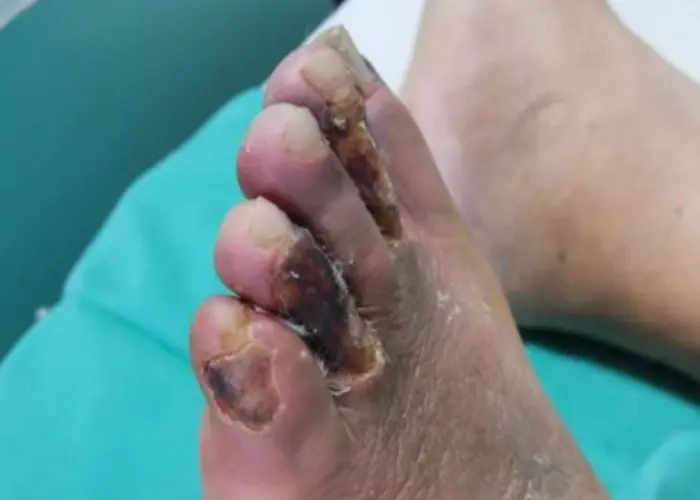
Claudication

Schizoaffective disorder
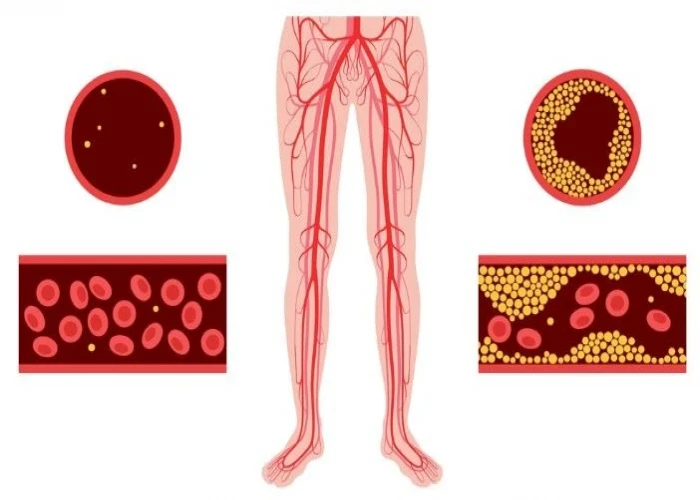
Peripheral artery disease (PAD)

Sun allergy
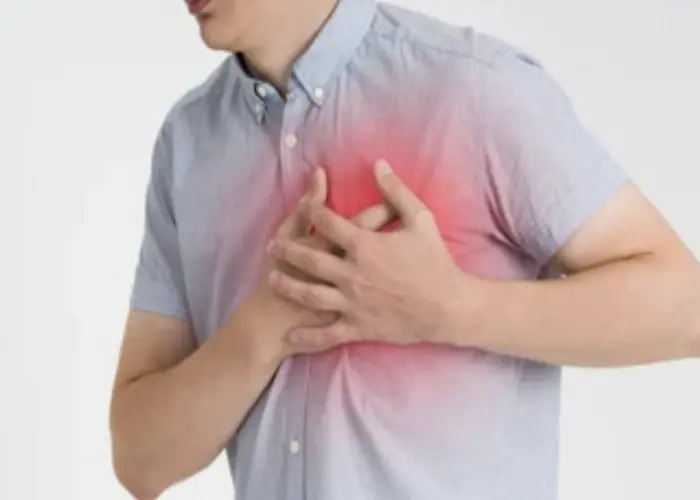
Chest pain

Lymphoma

Mitral valve disease
low sperm count, শুক্রাণুর সংখ্যা কম
To be happy, beautiful, healthy, wealthy, hale and long-lived stay with DM3S.
